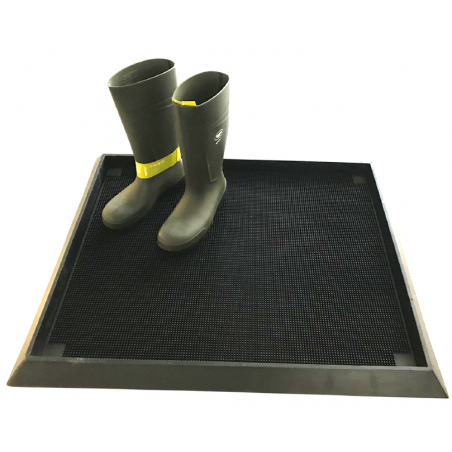This study was conducted to investigate the effects of Clostridium butyricum and Enterococcus faecalis on growth performance, immune function, inflammation-related pathways, and microflora community in weaned piglets challenged with lipopolysaccharide (LPS). One hundred and eighty 28-d-old weaned piglets were randomly divided into 3 treatments groups: piglets fed with a basal diet (Con), piglets fed with a basal diet containing 6 × 109 CFU C. butyricum·kg−1 (CB), and piglets fed with a basal diet containing 2 × 1010 CFU E. faecali·kg−1 (EF). At the end of trial, 1 pig was randomly selected from for each pen (6 pigs per treatment group) and these 18 piglets were orally challenged with LPS 25 μg·kg−1 body weight. The result showed that piglets fed C. butyricum and E. faecalis had greater final BW compared with the control piglets (P < 0.05). The C. butyricum and E. faecalis fed piglets had lower levels of serum aspartate aminotransferase (AST), alanine aminotransferase (ALT), IL-1β, tumor inflammatory factor-α (TNF-α), and had greater level of serum interferon-γ (IFN-γ) than control piglets at 1.5 and 3 h after injection with LPS (P < 0.05). Furthermore, piglets in the C. butyricum or E. faecalis treatment groups had a greater ratio of jejunal villus height to crypt depth (V/C) compared with control piglets after challenge with LPS for 3 h (P < 0.05). Compared with the control treatment, the CB and EF treatments significantly decreased the expression of inflammation-related pathway factors (TLR4, MyD88, and NF-κB) after challenge with LPS for 3 h (P < 0.05). High-throughput sequencing revealed that C. butyricum and E. faecalis modulated bacterial diversity in the colon. The species richness and alpha diversity (Shannon) of bacterial samples in CB or EF piglets challenged with LPS were higher than those in LPS-challenged control piglets. Furthermore, the relative abundance of Bacteroidales-Rikenellanceae in the CB group was higher than that in the control group (P < 0.05), whereas EF piglets had a higher relative abundance of Lactobacillus amylovorus and Lactobacillus gasseri (P < 0.05). In conclusion, dietary supplementation with C. butyricum or E. faecalis promoted growth performance, improved immunity, relieved intestinal villus damage and inflammation, and optimized the intestinal flora in LPS-challenged weaned piglets.

Kangli Wang, Guangyong Chen, Guangtian Cao, Yinglei Xu, Yongxia Wang, Caimei Yang, Effects of Clostridium butyricum and Enterococcus faecalis on growth performance, intestinal structure, and inflammation in lipopolysaccharide-challenged weaned piglets, Journal of Animal Science, Volume 97, Issue 10, October 2019, Pages 4140–4151, https://doi.org/10.1093/jas/skz235




